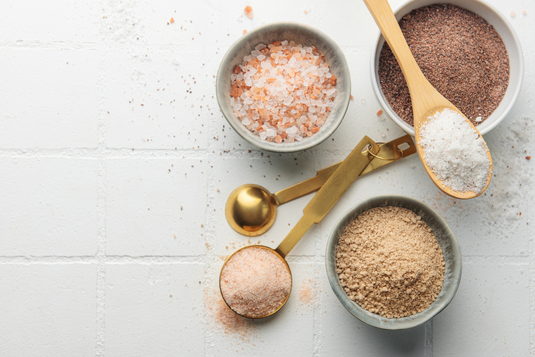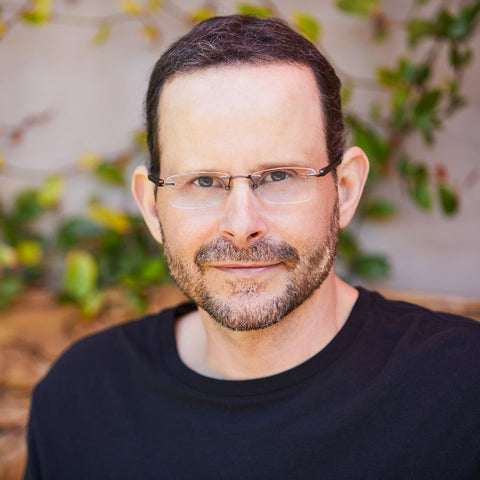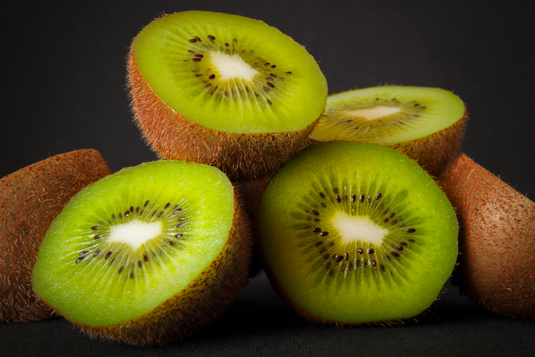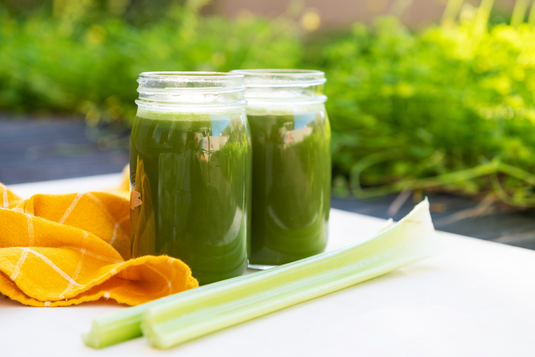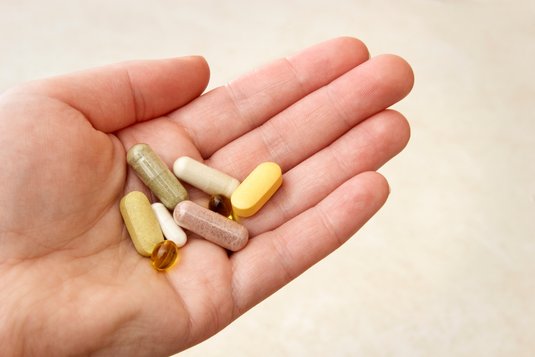We often hear that salt is good for health as long as it is high quality like sea salt or Himalayan salt and then we can use as much as we want because these types of salt contain nutrients and many minerals. While this statement is true, these single salts still prevent the body from cleansing itself. They do not contain the life force that, for example, contains the mineral salt in celery stem juice . The salt contained in celery stalk juice is a subgroup of sodium (Anthony William calls them sodium cluster salts ) that is suspended in hydrobioactive water. One of the many jobs of sodium cluster salts is to bind to toxins and flush them out of the body. Another task is to destroy pathogenic microorganisms. This special sodium, which you can read more about in Anthony William's book "Celery Juice" (not yet translated into Bulgarian), is part of the reason why millions of people around the world are treated with celery juice .
Common, sea , Himalayan , and all other salts considered food have no detoxifying properties. When we consume them, they dehydrate us, which can also cause edema—and people already suffer enough from inflammation, swelling, water retention, and weight gain. Salt only worsens these symptoms. Fluid retention is the last thing you want when detoxing and cleansing.
Realistically, a small pinch of high-quality sea salt or Himalayan rock salt added to a home-cooked meal is not the most dangerous thing. What we need to watch out for is the salt content in restaurant food, convenience foods, and maybe even home-cooked feasts from our loved ones and friends. Even expensive packaged snacks like dehydrated crackers, made by a very well-intentioned, sustainable company and advertised with a long list of benefits, usually contain too much salt.
"Salt to taste" is a phrase that is used very often. Each of us has the freedom to salt as much as we want - and we reach for the salt shaker, even though our food already contains salt. This means that most of us are used to large amounts of salt, more than the body can handle, especially during a cleanse.
Every day we consume large amounts of salt from ready-made food, which make it tasty for consumers. Salt dehydrates us, and as we've said before, the last thing we need when we're trying to cleanse is to retain fluid and be chronically dehydrated at the same time. Salt preserves toxins and poisons in the body; it traps and concentrates them in the tissues of our organs, pushing critically needed water out of the organs and making us even more dehydrated at the same time that water accumulates and is retained in areas that are not useful. When we are dehydrated, it is almost impossible to purify ourselves. And most people have been chronically dehydrated for years anyway. In addition, salt disrupts the immune system by dehydrating killer cells and thus weakening their ability to destroy pathogens.
Again, let's be clear: we're talking about the salt we add to food. This is different from the sodium cluster salts in celery stalk juice , which help us cleanse and detoxify and fight pathogens. It also differs from the salt that is contained in Atlantic seaweed - ie. edible seaweeds such as dulse and kelp. Algae differs from dehydrated ocean water (sea salt) because it naturally contains a controlled amount of salt. which does not interfere with detoxification. Algae are good for us because they eliminate toxic heavy metals and radiation in the body. So there is a difference between table salt – even when it is of the highest quality possible – and the sodium naturally present in medicinal foods. Topping your salad with dulce kelp has nothing to do with adding salt to your food every day. The salt content of a slice of seaweed cannot be compared to that of a slice of pizza that is made with salty cheese, sauce and dough.
That's why it's a good idea to stay away from added salt when you're trying to cleanse. Watch for salt in seasonings and be cautious in restaurants by asking for your food to be prepared without salt. When you're taking serious steps to heal yourself, there's no reason to sabotage yourself by continuing to overdo it with salt.
